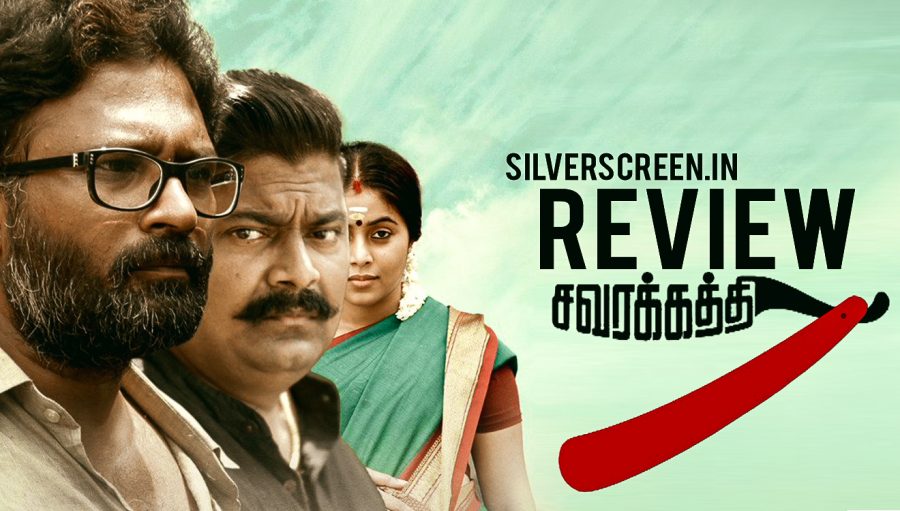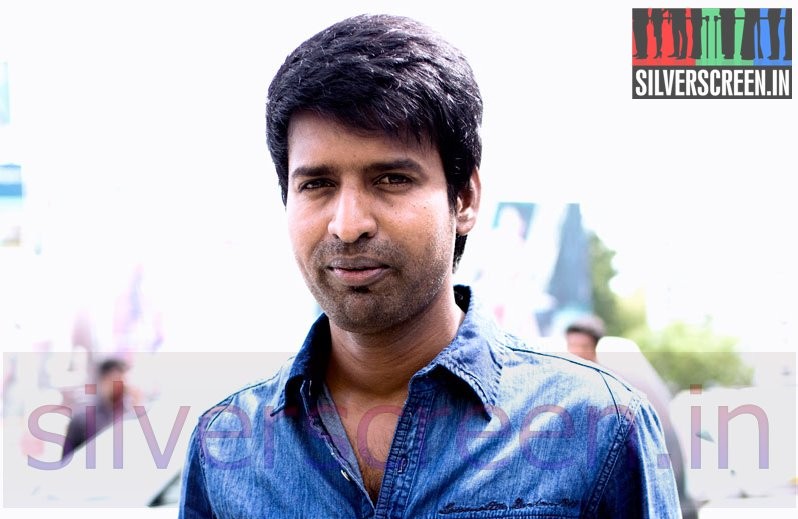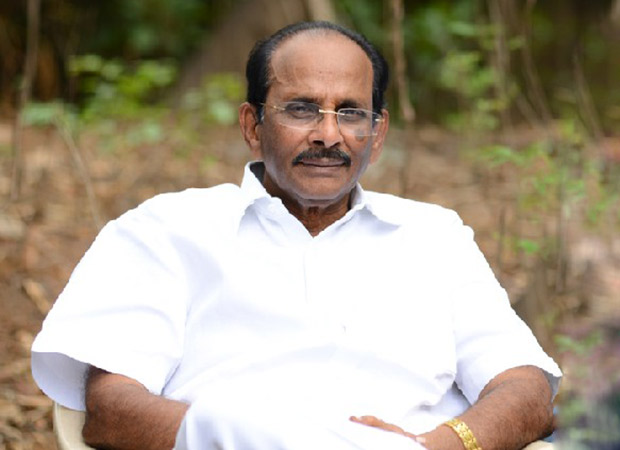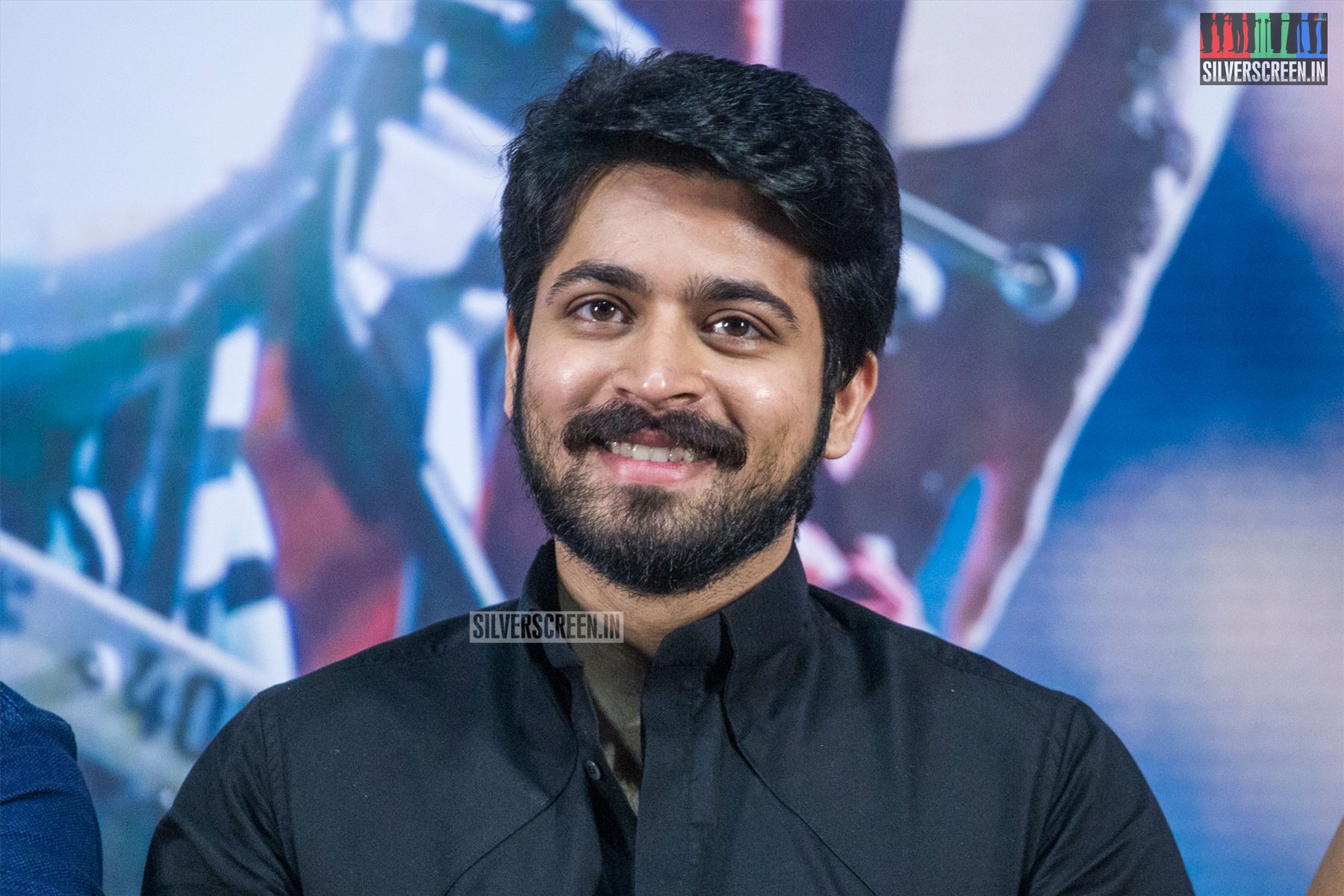Perhaps the most exciting feature of GR Adithya’s debut film – which almost has every attribute that has come to be associated with Mysskin’s movies – is Arrol Corelli’s background score. It flows like a beautiful orchestra; a symphony that clashes brilliantly with the action on screen. Where another filmmaker would have woven in a regular music template – fast-paced riffs built to a crescendo, Mysskin has Arrol pluck some violin chords; it’s chaotic, melancholic and jaunty at the same time – and as director-actor Ram runs, with the villains hot on their heels, it draws a near-perfect visual musical graph. It almost becomes a character, sprinting when he sprints, leaping when he leaps, not quite providing auditory clues, or offering notes of sympathy – but just alive and breathing. Corelli’s music lent Pisaasu – the 2015 Mysskin horror – the eeriness it wanted; the script may have been unreasonably morbid, but that wasn’t a surprise, really.
Mysskin’s films are distinct in their subdued palette; there’s quite a lot of grey that lends the frames an almost dull pallor, but the juxtaposition of props, characters and other elements in Savarakathi is quite clever. Across scenes, the bright blue of Poorna’s sari is in sharp relief against other muted shades. In some frames, even the sun seems hesitant; its glow reduced to an almost dusty yellow. But that’s the setting that Mysskin wants us to believe in; a landscape that wants to be urban but is not yet free of its rural vestiges.
Pichai is a barber with a penchant for old Tamil cinema music. He is not the paternal sort – he whacks a boy on the head when he fidgets on the chair, turns up the volume so that his father wouldn’t hear his whimpers – and, seems to be a lousy husband. A few minutes after Pichai is introduced, he shouts down his wife right outside his shop; but Subhadra (Poorna) isn’t the one to be cowed. She may be hard of hearing, but she has quite a few Tamil aphorisms ready, armed with one for every situation.
It’s almost as if the people who dot the Mysskin canvas just need to have a peculiarity, a unique attribute that would leap out of the frames, become larger than the characters themselves. If Pichai is a father of three who ekes out an existence, living among his precious tools – a savarakkathi that he treasures – and odd delusions of grandeur, his wife Subhadra, has a hearing impairment. While the filmmaker uses her disability to indulge in comedy, she’s rescued just in time from being caricatured – her pregnancy is saucily, empoweringly used rather than milking it for emotion. During an instance, when the bike she travels in – with her husband, two children, and a very heavy belly – meets with an accident, the audience is allowed to assume the worst before the camera cannily moves in on the scene: Subhadra keeps her perch atop the bike, grinning down at her husband who’s rolling in the dust. During another, she fakes labour to escape her pursuers, climbing over parapets, kids in tow, a hand clutching her stomach. Corelli’s score is cheery in these parts, almost deceptively humorous.
But, watching Mysskin in a Mysskin-created world is… unsettling at best. He’s the wide-eyed villain of the piece. When Manga is introduced, he’s engaged in some creepy staring; nothing seems to deter him, neither the woman’s obvious discomfort, nor her husband’s presence. Mysskin imbues himself with the traits of a maniac; someone who’s vicious without reason. It’s a disconcerting watch, especially when you don’t have the stomach for violence – exaggerated and wholly unnecessary at times.
Recommended
Savarakathi follows the premise of a few 2017 thrillers; the lives of a few people who are earnestly quirky, converge at an instance. The tale is crazy, filled with mad coincidences, strange characters, with stranger traits – in one scene, a woman almost murderously curses her runaway daughter’s husband; later when she discovers that her curse had actually come to pass in a weird time-warp, she has a silent moment of repentance. But the writing – along with Corelli’s score – doesn’t let the moment linger, it’s washed down in a hurry, flowing with the pace of events, making an impression, but not with that protracted pause usually employed to drive home an emotion.
What really arrives as a lovely surprise are those brief bursts of humour; granted there are moments devoted to loud slapstick gimmicks, and a few jokes die in their exuberance, but Mysskin weaves in some subtle comedy as well. And that makes one forgive the long, painful climax, the sentimental absurdity, and the rush of emotions that seem almost misplaced in a film which was, until then, revelling in its insanity.
*****
The Savarakathi review is a Silverscreen original article. It was not paid for or commissioned by anyone associated with the movie. Silverscreen.in and its writers do not have any commercial relationship with movies that are reviewed on the site.



